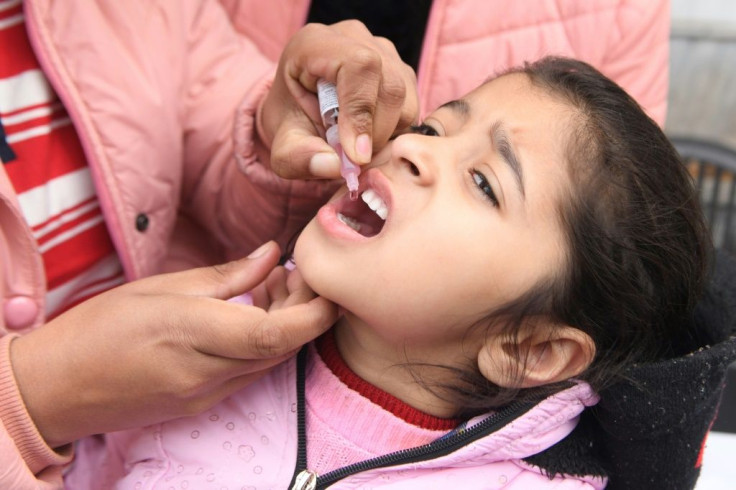Pompeo Sees WHO Role In Polio Despite Virus Feud

Secretary of State Mike Pompeo voiced openness Thursday to US participation in World Health Organization efforts on polio and other diseases, despite vows to freeze funds over its coronavirus response.
President Donald Trump on April 14 said he would cut off money to the UN body which he accused of acting too late on the pandemic and blindly taking the word of China, where the SARS-CoV-2 virus was first detected.
Pompeo, in two interviews on Thursday, said the Trump administration recognized that the WHO worked on a wide range of issues.
"We're trying to figure out, are there pieces of it that still make sense? It's done good work in some places on polio and the like," Pompeo told conservative radio host Chris Stigall.
Pompeo separately told host Jack Heath: "Let's see if there's a piece of this which we ought to continue to participate in because it's doing good work on polio or whatever it may be."
Even before Trump's vows of funding cuts, health workers have been warning that the coronavirus pandemic will set back efforts to fight other diseases.
Michel Zaffran, who heads the WHO's program to eradicate polio, told AFP last month that the disease could advance again as workers have been forced to suspend vaccination efforts.
The wild version of the crippling disease only remains in two countries, Pakistan and Afghanistan, where polio vaccination has been an international priority.
Pompeo's remarks came as lawmakers from the rival Democratic Party press for details on WHO funding cuts, saying the Trump administration has only offered talking points and not specified how it is cutting funds.
The United States has been the top donor to the WHO, contributing more than $400 million a year.
Critics say Trump has sought to highlight missteps by the WHO to deflect blame over his own handling of COVID-19, which has killed almost 75,000 people in the United States, far more than any other country.
© Copyright AFP {{Year}}. All rights reserved.





















